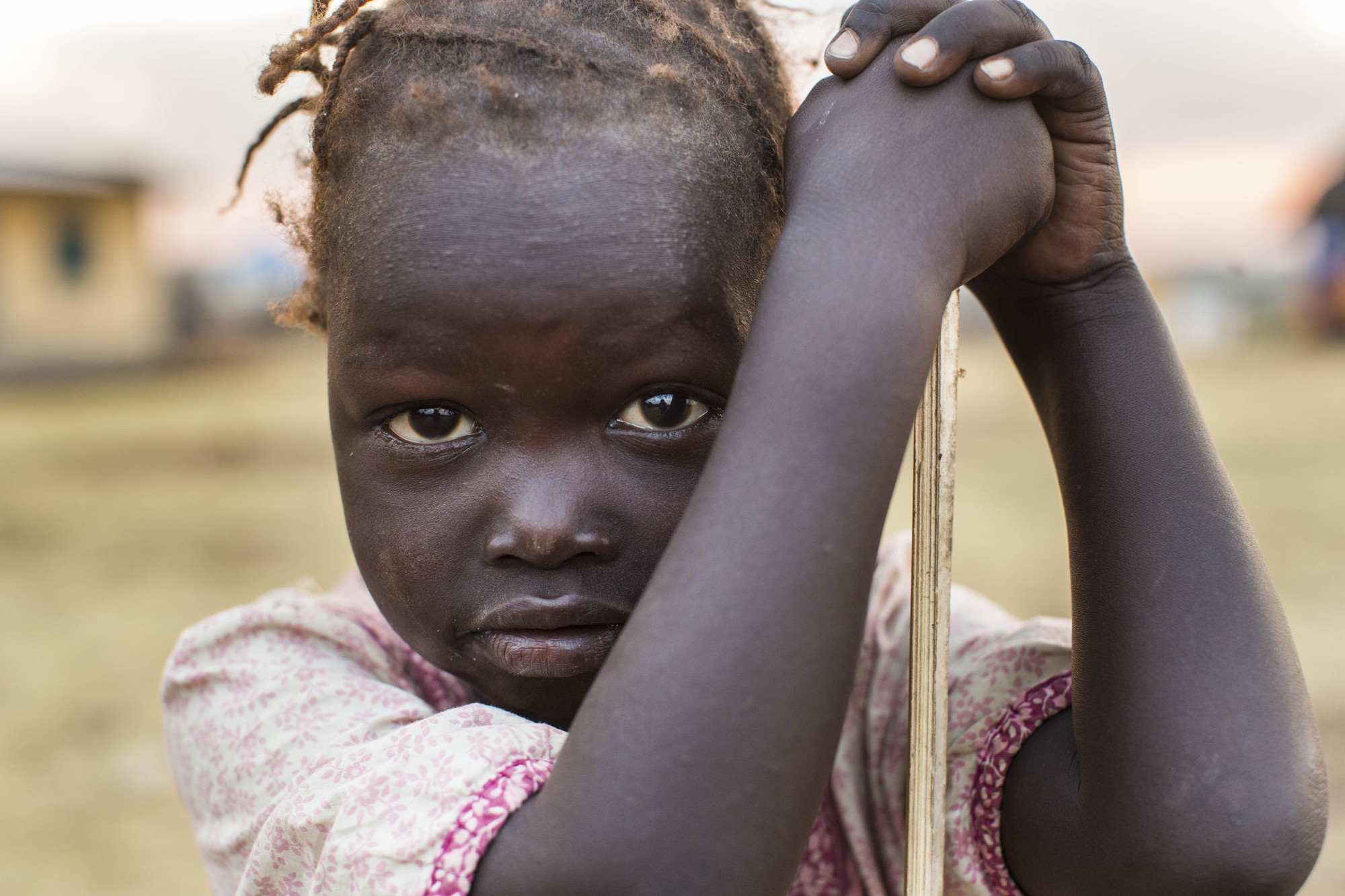
EDITOR’S NOTE: As the world’s newest country celebrates its third birthday, IMB missionary Curt Iles reflects on the war-torn country. Iles serves on a team of IMB missionaries working within South Sudan, and also on the Ugandan border, where tens of thousands of refugees have fled the violence.
ENTEBBE, Uganda (BP) — His name was Independence.
He was a child born on South Sudan’s first day as a new nation. He was the first child born at a Juba hospital shortly after midnight, July 9 2011. The child, like the country, was full of hope and promise.
His parents gave him the full name Moses Independence. Josephine, the mother, expressed high hopes for both her new son and the new country.
In fact, many South Sudanese refer to their nation as “New Sudan.”
Sadly, three years later, fighting has broken out in New Sudan and the future is uncertain.
Baby Independence’s story is even sadder. He died before his first birthday. He became sick and sicker. Doctors and hospitals eventually could no longer help him.
Baby Independence will never see his country grow into a true land of freedom and peace. It shouldn’t surprise us in South Sudan. Infant mortality is high. The average life span of a man is slightly over 54.
That’s what war, poverty and famine do to the health of a nation.
In Africa, the stats of those dying in war zones are not limited to mortars and machine guns. Many more die from malnutrition, opportunistic diseases and famine.
Dead is dead — it doesn’t have to be a bullet.
Since the December 2013 fighting broke out between the rebels and government, many have already written the obituary of New Sudan.
I imagine them saying: “If they can’t get along for no more than two years, what hope is there for this country?”
My home country, America, has been called “The Midwife of South Sudan.” Our government and aid organizations worked hard to broker the peace deal that created the world’s newest nation.
The United States has poured millions of dollars into South Sudan.
America the Midwife is now watching its baby on life support. South Sudan is on life support but where there is breath, there is life. Her breathing is shallow and fitful, but she’s alive.
David Deng, the son of a Dinka chief and an American mother, said it well: “If you’re not an optimist, you have no business being in South Sudan.”
But I believe things can change. Things can get better.
It won’t happen overnight. It won’t be easy, but progress is seldom easy or free.
I come from the rural South [in the U.S.]. In the latter 19th century, malaria, yellow fever, measles and smallpox still killed people. Infant mortality was high.
This was brought home to me one day at the oldest part of Dry Creek Cemetery as my friend Frank pointed at the weathered headstones.
“Look how every big tombstone is surrounded by small ones,” he said.
He shook his head.
“Most of the old-timers buried at least one child. Some buried many.”
He then directed me to a headstone.
“She died in childbirth,” he said. “That was all too common.”
I thought about Frank’s words when an African researcher said, “In parts of South Sudan, women view pregnancy as a possible terminal condition. They know some will not survive.”
South Sudan has a long list of problems and challenges to overcome. The recent conflict has only put the country further behind.
But there’s still life. And hope. There’s a belief (held by those optimists like our team of IMB missionaries) that things can, and will, get better. I believe it’s through changed hearts and minds that the nation will step beyond despair.
Without apology, I believe that hearts and minds are only changed by the Spirit of God coming into a person. That’s why we forge ahead.
As another tough optimist/jailbird named Paul said, “Forgetting the past and striving for the future…”
I can honestly say that there’s no part of the world I feel that we can make a difference more than in South Sudan.
It won’t be easy. Good things seldom are.
We cannot take our hands off the plow. We will not look back.
Forward. And with God’s help, better.
For more information on how you can help click here.
–30–
International Mission Board missionary Curt Iles serves on a team working within South Sudan, and also on the Ugandan border, where tens of thousands of refugees have fled the violence. He blogs regularly at http://www.creekbank.net/blog/.
Get Baptist Press headlines and breaking news on Twitter (@BaptistPress), Facebook (Facebook.com/BaptistPress) and in your email (baptistpress.com/SubscribeBP.asp).
















